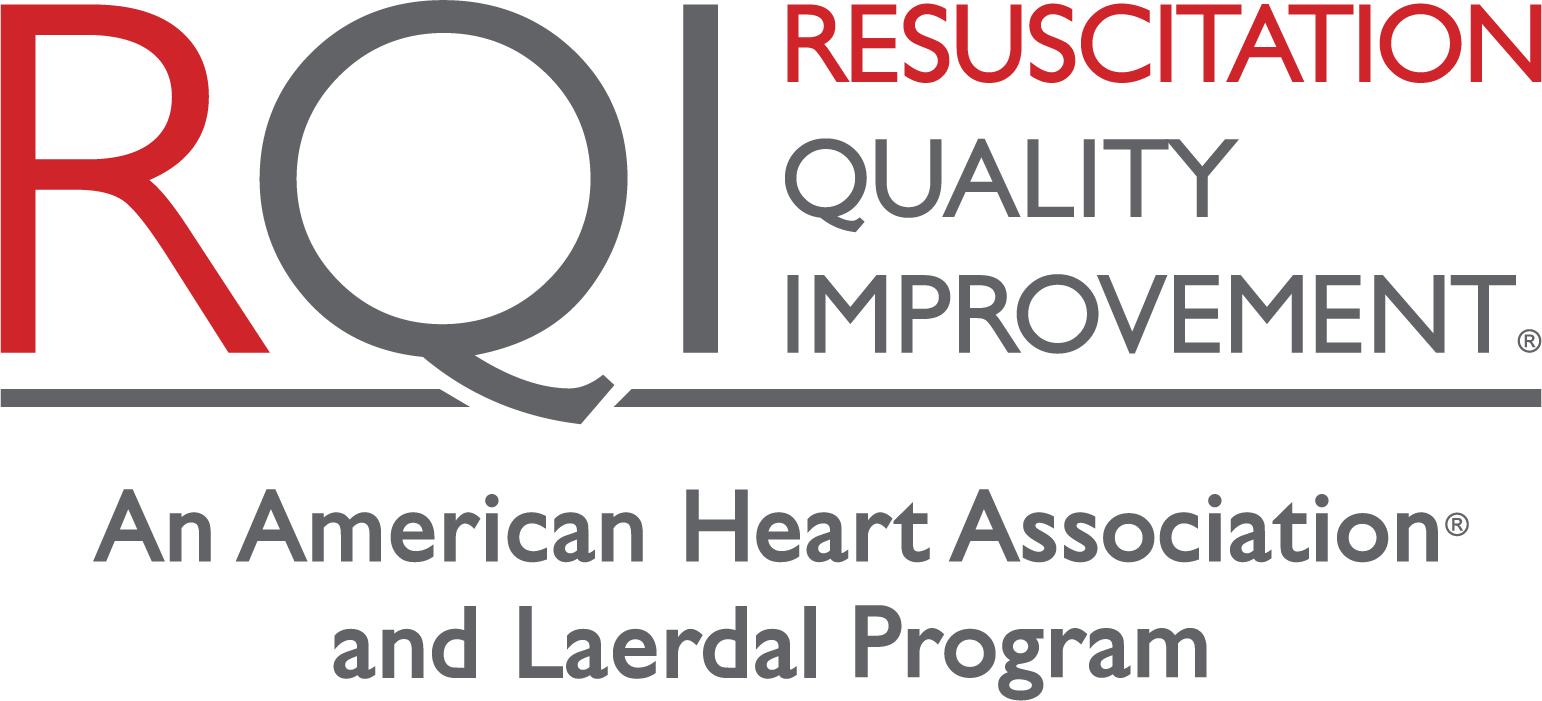The American Heart Association recognizes the importance of utilizing a biofeedback device for CPR training to improve performance, as assessing high-quality CPR by sight-alone is difficult. Additionally, CPR training every ...
Despite advances in resuscitation science, cardiac arrest remains a leading cause of death in the U.S. with traditional CPR training leading to skills decay within 3 months. Healthcare providers must ...
CPR, the cornerstone of cardiac arrest management, is a competency for nurses and nursing students to master and retain. However, providers experience skills decay rapidly within weeks to months after ...
In the United States, nearly 290,000 hospitalized patients suffer in-hospital cardiac arrest each year. The knowledge retention and ability to perform high-quality CPR is critical. Traditionally, the focus of CPR ...
Each year in the U.S., more than 600,000 people experience cardiac arrest, with approximately 290,000 occurring in the hospital. Although CPR renewal occurs every 2 years, the quality of CPR ...
Out-of-hospital cardiac arrest (OHCA) survival remains low at approximately 10% in the United States. High-quality CPR is one of the most important factors in improving survival. The RQI HeartCode Complete ...
Globally, there is an increasing need to improve survival after cardiac arrest, with the survival rate of OHCA in China being less than 1% compared to 12% in the USA ...
While effective chest compressions are the foundation of resuscitation efforts and significantly positively influence outcomes, the quality of compressions provided by healthcare providers is poor. International consensus is to provide ...
Evidence has shown that skills and knowledge in CPR begin to decay in months following courses such as Pediatric Advanced Life Support. Due to CPR events being infrequent in pediatric ...
The advantage of spaced practice on retention of CPR skills is well documented in literature due to the decay of knowledge and skill within weeks to months post training. This ...
